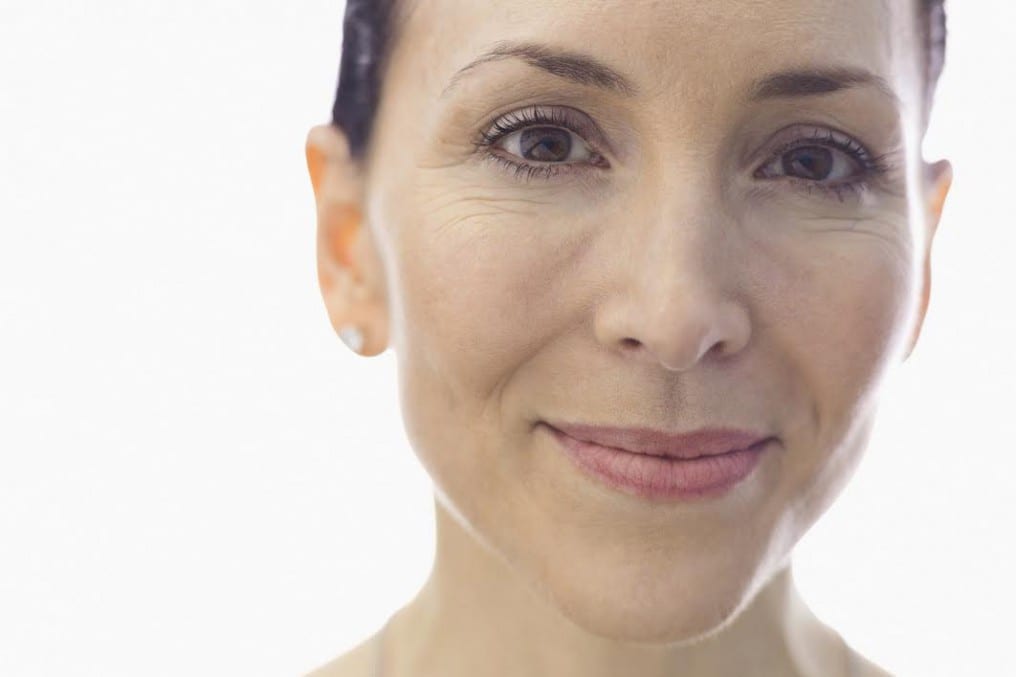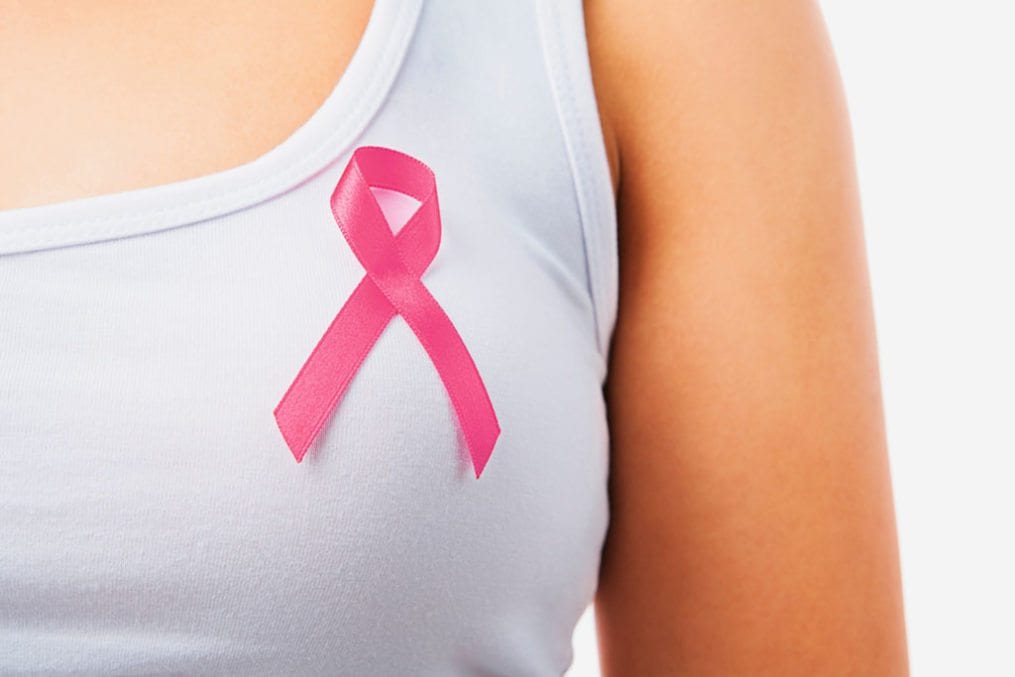World Cancer Day: why we need to talk about breast cancer
Today is World Cancer Day – and with 1 in 2 people born after 1960 being diagnosed with cancer in their lifetime, it’s an important chance to discuss the condition.
The day coincides with recent findings from BMI Healthcare about breast cancer
; the third most common cause of death from cancer in the UK, and the second most common cancer in women. In fact, the number of newly diagnosed cases has risen by a fifth in the last decade.
According to the research, over half of British GPs have reported their patients are significantly lacking in understanding of the basic risk factors of breast cancer, and a study from Breast Cancer Care UK
shows a third of women do not check their breasts regularly for cancer symptoms. Despite what many people think, it’s not just older women who can develop the disease. ‘The most significant risk factors are gender, getting older and a significant family history of the disease,’ explains Claire Hayward, a Macmillan Breast Cancer Care nurse. ‘Others can include if you’ve previously had breast cancer; started your period before the age of 12; being overweight – especially after the menopause; and drinking more than the recommended amount of alcohol.’
Nichola Evans, group director of oncology at BMI Healthcare, adds: ‘There is no room for complacency or confusion among patients when it comes to being vigilant and reporting symptoms. It is worrying to find that key breast cancer awareness messages are still not getting through to a significant proportion of the population, and it is clear that more must be done to tackle the underlying issues.’
It’s easy to look and check for breast cancer symptoms, so there’s no excuse not to be vigilant. And, if you notice anything unusual, visit your GP to get it checked out. ‘Things you should be looking out for include a change in size or shape of the breast, a lump or thickening to it that feels different, and puckering and dimpling of the skin (like a peel of an orange),’ reveals Hayward. ‘Other changes that all need to be noticed include if the nipple is pulled in (inverted); if there’s discharge from one or both nipples; if you’ve constant pain in the breast or armpits; a redness or rash around the breast or nipple; or swelling in the armpit or collarbone.’
To find out more about breast cancer screening and to download a free awareness guide, head to bmihealthcare.co.uk/passthebra












